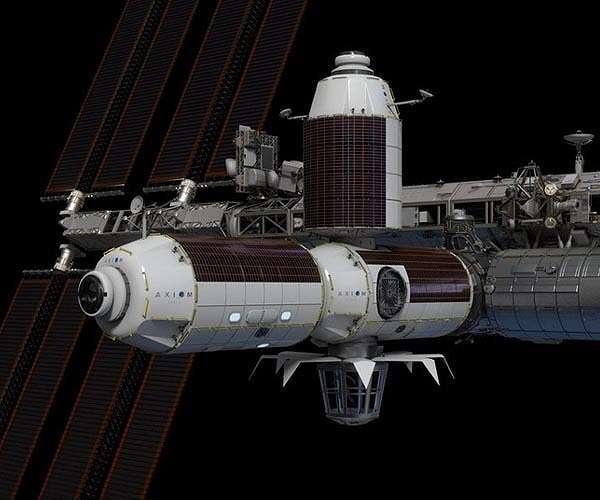25.12.2024

NASA and Axiom Space have adjusted the assembly sequence for Axiom's commercial space station, aiming to expedite its readiness as a free-flying platform and reduce reliance on the International Space Station (ISS) during its assembly.
Under a contract awarded in January 2020, Axiom Space began developing a habitable commercial module to attach to the ISS, with the eventual goal of establishing an independent space station in low Earth orbit (LEO). This aligns with NASA's broader push to commercialize space station operations and ensure a smooth transition before the ISS's planned retirement in 2030.
The revised plan shifts the launch priority to the Payload, Power, and Thermal Module, enabling Axiom Station to detach from the ISS as early as 2028. Once in free-flight, additional components - including Habitat 1, an airlock, Habitat 2, and a Research and Manufacturing Facility - will be integrated to complete the station.
Angela Hart, manager of NASA's Commercial Low Earth Orbit Development Program, emphasized the importance of this collaboration: "The updated assembly sequence has been coordinated with NASA to support both NASA and Axiom Space needs and plans for a smooth transition in low Earth orbit. The ongoing design and development of commercial destinations by our partners is critical to the agency's plan to procure services in low Earth orbit to support our needs in microgravity."
The new sequence facilitates earlier operations for Axiom Station, ensuring ISS resources remain focused on preparing for the U.S. Deorbit Vehicle and the station's final years of service.
Reflecting on the ISS's legacy, Dana Weigel, manager of the International Space Station Program, stated, "The International Space Station has provided a one-of-a-kind scientific platform for nearly 25 years. As we approach the end of space station's operational life, it's critically important that we look to the future of low Earth orbit and support these follow-on destinations to ensure we continue NASA's presence in microgravity, which began through the International Space Station."
NASA is fostering the development of multiple commercial space stations, such as Axiom Station, through partnerships and agreements. These initiatives are part of NASA's strategy to transition LEO operations to commercial entities, leveraging decades of human spaceflight expertise to sustain microgravity research and advance future exploration objectives.
Quelle:SD
